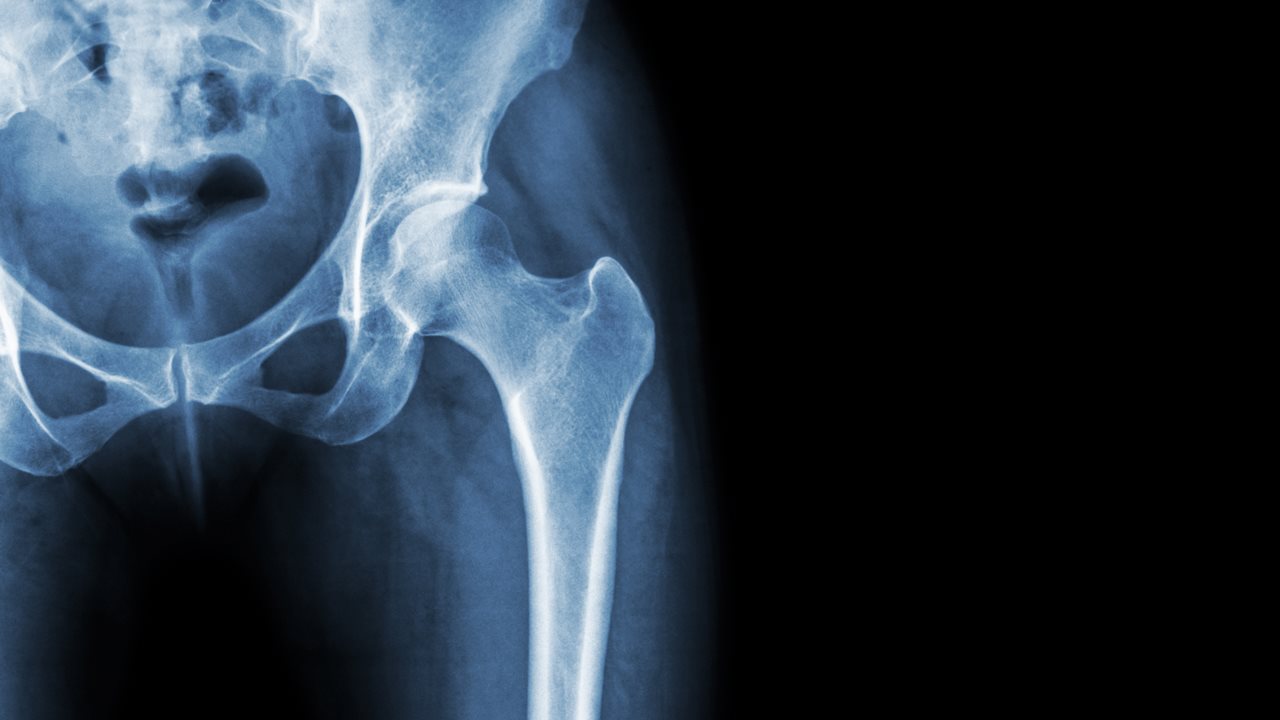Last Updated on May 29, 2024
Sleep deprivation is increasingly recognized as a significant factor affecting various aspects of health, including weight gain and obesity.
While the direct correlation between sleep and weight might not be immediately obvious, numerous studies have demonstrated that lack of sleep can lead to increased food intake and, consequently, weight gain. In this comprehensive blog, we’ll explore how sleep deprivation influences appetite-regulating hormones, impacts food choices, and contributes to the obesity epidemic.
The Role of Hormones in Sleep and Appetite
The relationship between sleep and appetite is primarily mediated by two key hormones: ghrelin and leptin. Ghrelin, often referred to as the “hunger hormone,” stimulates appetite, making you feel hungry. On the other hand, leptin, known as the “satiety hormone,” helps signal to your brain that you’re full.
Ghrelin: The Hunger Hormone
When you’re sleep-deprived, your body produces more ghrelin. This hormone is secreted in the stomach and sends hunger signals to the brain, prompting you to eat more. Higher levels of ghrelin can make you crave high-calorie, high-carbohydrate foods, which are often not the healthiest choices.
Leptin: The Satiety Hormone
Conversely, sleep deprivation leads to a decrease in leptin levels. With less leptin in your system, your brain doesn’t receive the “full” signal, leading to overeating. This hormonal imbalance can create a vicious cycle where increased hunger and reduced satiety contribute to weight gain.
The Study: Observing the Effects of Sleep Deprivation
To delve deeper into this phenomenon, researchers conducted a randomized crossover study on twelve healthy, non-obese men. The study aimed to observe the impact of sleep deprivation on energy intake and physical activity.
Study Design
The study spanned two 48-hour sessions. During the first night, participants either had a full 8-hour sleep (from midnight to 8:00 am) or a restricted 4-hour sleep (from 2:00 am to 6:00 am). The following day, participants consumed meals ad libitum, meaning they could eat as much as they wanted without any restrictions. The researchers monitored their food intake, physical activity, sensations of hunger, perceived food pleasantness, and overall sleepiness.
Findings
The results were telling. On the day following sleep restriction, participants consumed an average of 559 more calories compared to the day after an 8-hour sleep. This increase represented about 22% more caloric intake. Interestingly, despite consuming more food, there was no significant change in how pleasant the foods were perceived or in the participants’ desire to eat them.
Additionally, even though the subjects felt sleepier after the 4-hour sleep, their physical activity levels were slightly higher compared to when they had 8 hours of sleep. This suggests that while they were more tired, they did not necessarily reduce their physical activity.
Implications for Weight Gain and Obesity
The findings from this study underscore a crucial point: sleep deprivation can significantly increase food intake, which in turn can contribute to weight gain and obesity. But how exactly does this happen, and what are the broader implications?
Increased Caloric Intake
The most direct consequence of sleep deprivation is increased caloric intake. As shown in the study, sleep-deprived individuals tend to consume significantly more calories. This overconsumption is primarily driven by the hormonal imbalances caused by lack of sleep, particularly the increase in ghrelin and decrease in leptin.
Cravings for High-Calorie Foods
Sleep deprivation also influences food choices, often leading to cravings for high-calorie, high-carbohydrate foods. These foods provide a quick energy boost, which your sleep-deprived body craves. Unfortunately, these types of foods are usually low in nutritional value and high in sugars and fats, contributing further to weight gain.
Altered Energy Expenditure
While the study noted a slight increase in physical activity after sleep deprivation, this is not always the case. Chronic sleep deprivation can lead to decreased energy expenditure over time as the body tries to conserve energy. This decrease in physical activity, combined with increased caloric intake, creates a perfect storm for weight gain.
The Broader Context: Sleep Deprivation and Modern Lifestyles
In today’s fast-paced world, sleep often takes a backseat to other priorities such as work, social activities, and screen time. The prevalence of sleep deprivation is alarming and has significant public health implications.
Lifestyle Factors Contributing to Sleep Deprivation
- Work Demands: Long working hours and shift work can disrupt normal sleep patterns.
- Technology: The blue light emitted by screens from phones, computers, and televisions can interfere with the body’s natural sleep-wake cycle.
- Stress: High levels of stress and anxiety can make it difficult to fall asleep and stay asleep.
Health Consequences of Sleep Deprivation
Beyond weight gain and obesity, chronic sleep deprivation is linked to numerous health issues, including:
- Cardiovascular Diseases: Increased risk of hypertension, heart attack, and stroke.
- Diabetes: Disrupted sleep affects insulin sensitivity, increasing the risk of type 2 diabetes.
- Mental Health: Higher likelihood of experiencing depression and anxiety.
- Immune Function: Weakened immune response, making the body more susceptible to infections.
Addressing Sleep Deprivation: Strategies for Better Sleep
Given the profound impact of sleep on health, it’s essential to adopt strategies to improve sleep quality and duration. Here are some practical tips:
Establish a Regular Sleep Schedule
Going to bed and waking up at the same time every day helps regulate your body’s internal clock. Consistency reinforces your sleep-wake cycle and can improve sleep quality over time.
Create a Sleep-Conducive Environment
Your bedroom should be a sanctuary for sleep. Ensure it’s dark, quiet, and cool. Consider using blackout curtains, earplugs, or a white noise machine to minimize disruptions.
Limit Exposure to Blue Light
Reduce screen time at least an hour before bed. If you must use electronic devices, consider blue light filters or glasses to mitigate the effects on your sleep.

Practice Relaxation Techniques
Engaging in relaxing activities before bed, such as reading, meditation, or gentle yoga, can help calm your mind and prepare your body for sleep.
Be Mindful of Your Diet
Avoid large meals, caffeine, and alcohol before bedtime. These can disrupt sleep patterns and make it harder to fall asleep.
Exercise Regularly
Physical activity can promote better sleep, but try to avoid vigorous exercise close to bedtime as it might interfere with your ability to fall asleep.
Conclusion: The Vital Role of Sleep in Health
The connection between sleep deprivation and increased food intake is clear. As illustrated by the study, even short-term sleep deprivation can lead to significant increases in calorie consumption, driven by hormonal changes. Over time, this can contribute to weight gain and obesity, highlighting the importance of adequate sleep for maintaining a healthy weight.
In our modern, busy lives, it’s crucial to prioritize sleep as an integral part of a healthy lifestyle. By understanding the effects of sleep deprivation and adopting strategies to improve sleep quality, we can take meaningful steps towards better health and well-being.
🗒️ Answer
Sleep deprivation can lead to increased food intake and potentially promote obesity by disrupting the balance of appetite-regulating hormones ghrelin and leptin. A study on healthy men showed that after a night of reduced sleep, participants consumed 22% more calories the next day, driven by higher hunger levels. While further research is needed, these findings suggest that adequate sleep is crucial for maintaining a healthy weight.
🌐 Sources
- askthescientists.com – Sleep Deprivation and Its Impact on Your Food Intake
- researchgate.net – Acute partial sleep deprivation increases food intake
- ncbi.nlm.nih.gov – Sleep Deprivation: Effects on Weight Loss
- researchgate.net – Timing of the experiment: Twelve subjects were studied
- researchgate.net – The effects of partial sleep restriction and altered







